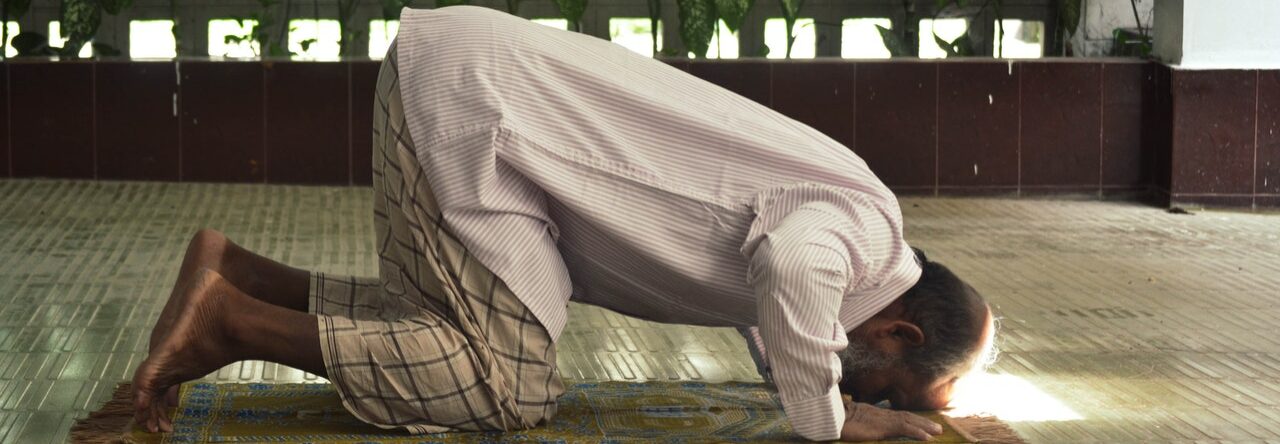I often wonder how the companions of the Prophet ﷺ were able to transition to praying and connecting with Allah ﷻ so naturally, while I, raised in the embrace of Islam since birth, find it so mysterious. While its true that some companions like Abu-Bakr رضي الله عنه led lives of spiritual cleanliness and maybe even sensitivity up until the point of revelation, others were not1 While sources are not sited, this link gives a good description on the life of Abubakr before Islam . The general culture and atmosphere of Makkah prior to the message was hedonistic and self centered at best. Brothels were common and crime both petty and obtuse was rampant. While we often look back at the past with lenses of purity and simplicity, its safe to say that Makkah life in the pre Islamic period was neither2 See Aspects of Pre-Islamic Arabian Society – Social LIfe of the Arabs in The Sealed Nectar pg. 28. So, given all of this – given growing, living, and breathing in such a place, how did the companions, so entrenched in it all, not only shift to leading spiritual lives, but actually quickly and seamlessly begin to pray with diligence and devotion? How did the companions know how to connect to Allah through their prayers so easily?
I used to think the answer was complex and multifaceted, but the more I pondered on the role of duaa in salah, the more simple the answer appeared. While this is a website devoted to discussing, growing, and connecting around the idea of salah, prayer, I wanted to diverge a little to talk about another type of prayer – duaa.
